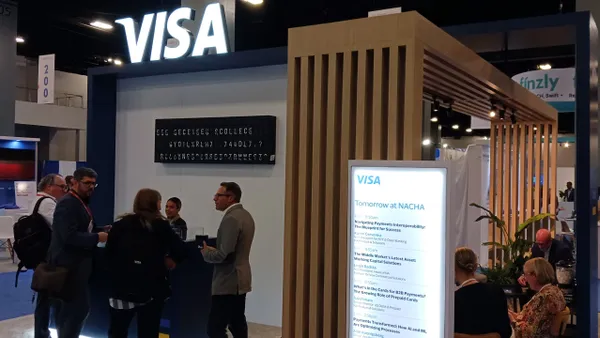For businesses and consumers 2023 is poised to be a year of uncertainty. It’s not a recession, with unemployment rates the lowest since 1969 and two straight quarters of GDP growth—two markers that would usually signal a strong economic climate. On the other hand, inflation has stayed above 5% since May 2021, the longest such streak in at least 20 years, while news of mass layoffs and rising loan delinquencies litter the headlines. To say these are strange times is a generous understatement.
Given these unusual economic circumstances, PayNearMe conducted a survey in February 2023 to gauge consumer sentiment surrounding the impact of inflation and concerns over a possible recession.
The survey revealed 91% of U.S. adults have concerns about a potential recession, and 74% reported inflation has impacted their ability to pay bills. Inflation hit the middle-class (those making approximately between $50K - $150K) and low-income families hardest. However, higher earners weren’t immune to inflation—59% of respondents who make $150K or more reported inflation has impacted their ability to pay bills.
How consumers are coping
According to survey respondents, fear of income loss due to a potential recession has them considering a myriad of solutions to cover household expenses. The primary response was to reduce discretionary spending (72%), which is a fairly typical response to budget tightening. However, some of the more interesting—and concerning—responses to this question included:
-
Borrowing from family members (17%)
-
Reduce saving for the future (36%)
-
Use credit cards to cover expenses (27%)
-
Delay paying bills (16%)
These responses are concerning because they’re simply not sustainable, and they can lead to dangerous long-term effects on consumers’ financial stability.
Make bill pay easier
In our previous research report, How Consumers Pay Bills: Expectations vs. Reality, our survey revealed disorganization and a poor user experience made the bill pay process difficult and stressful for consumers. Adding long-term inflation and economic uncertainty to the mix has created an even more stressful environment for paying bills.
While billers have no control over macroeconomic factors, they have a great degree of influence over the payment experience. Incremental improvements to the bill pay process may not give consumers the funds to pay all their bills, but it can make an impact on which bills they prioritize and pay on-time.
Here are three ways to increase on-time payments and make flexibility and payment convenience a priority at your business:
1. Offer payment reminders
According to our survey, consumers say receiving timely bill payment reminders by text message or email would help them pay bills on time. In PayNearMe’s 2021 survey, 45% of consumers revealed a text/email reminder would help them pay bills on time. Within two years, that number jumped to 63%.
Billers can use digital payment reminders to meet customers where they are—on their smartphones and other connected devices. This is especially true for consumers aged 18-29; 68% say getting payment reminders via email, text message or push notification would help them pay bills on time, the highest of any age group surveyed.
2. Give more control over due dates and payment options
Our survey revealed consumers crave more control when it comes to payment due dates and options. One step billers can take to satisfy this requirement is to offer split payments, either by payment type (i.e. half Venmo, half card) or by splitting large monthly payments into smaller weekly ones. Further, 76% of responding consumers say having the flexibility to set their payment due dates would help them pay bills on time.
3. Provide customers more options to pay
Mobile payment apps such as Venmo, PayPal and Cash App are popular among consumers. Research from McKinsey reported 89% of consumers used a mobile payment method in 2022. Our survey found similar data with 81% of survey respondents using at least one mobile payment app.
Additionally, respondents reported they store larger balances in those apps. Those who store balances (51%) held more than $100 in PayPal (43%), with Apple Pay (37%), Venmo (30%) and Cash App (26%) following behind. The big takeaway here is that by embracing mobile payments as a payment option, billers can tap into funds customers have readily available to help them pay on-time.
If billers want to help consumers dealing with inflation and the impact of a possible recession make on-time payments, they’ll need to work with a payments platform provider that can offer their customers flexible and innovative payment options and stress-free payment reminders. To download a copy of the full report, click here.










